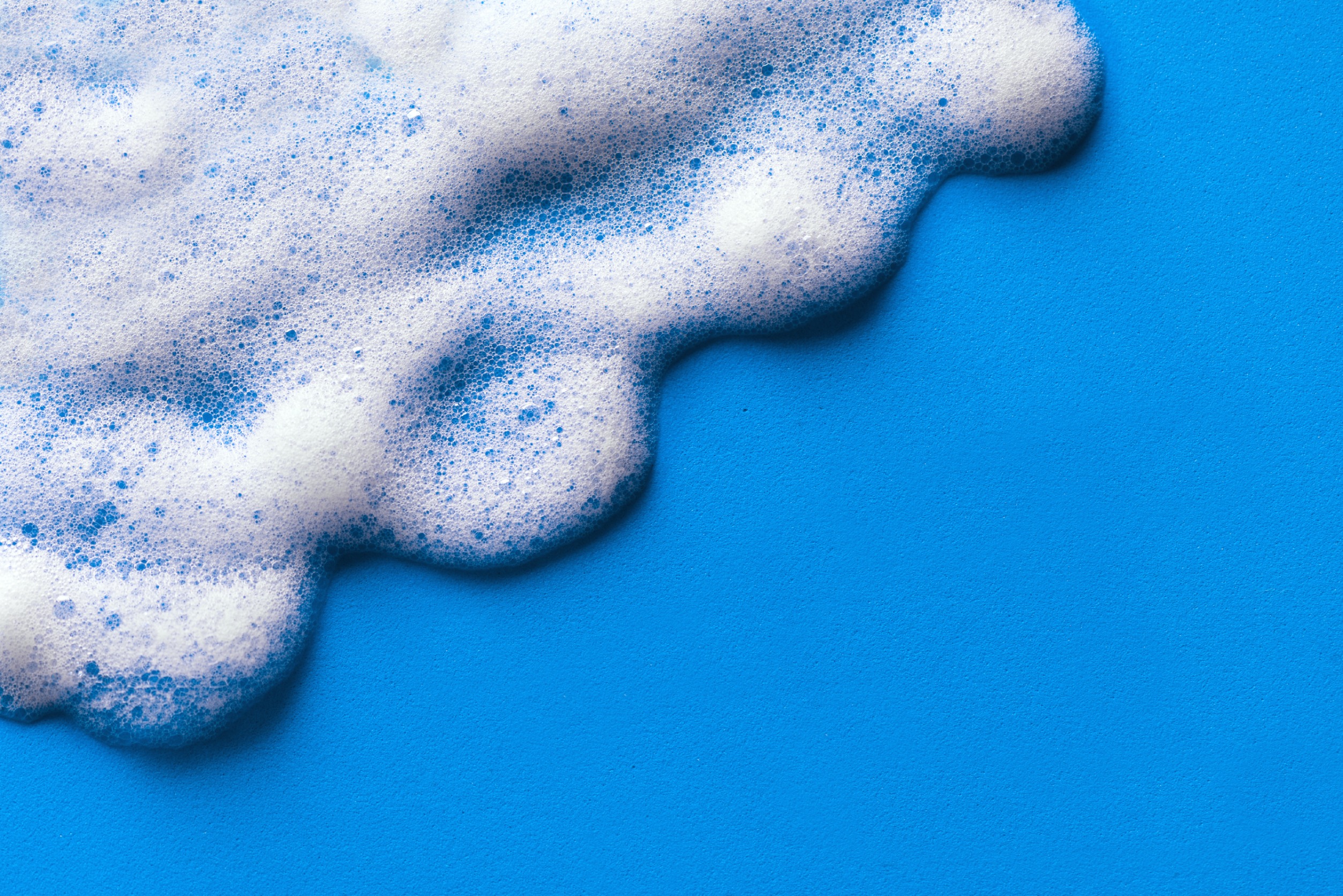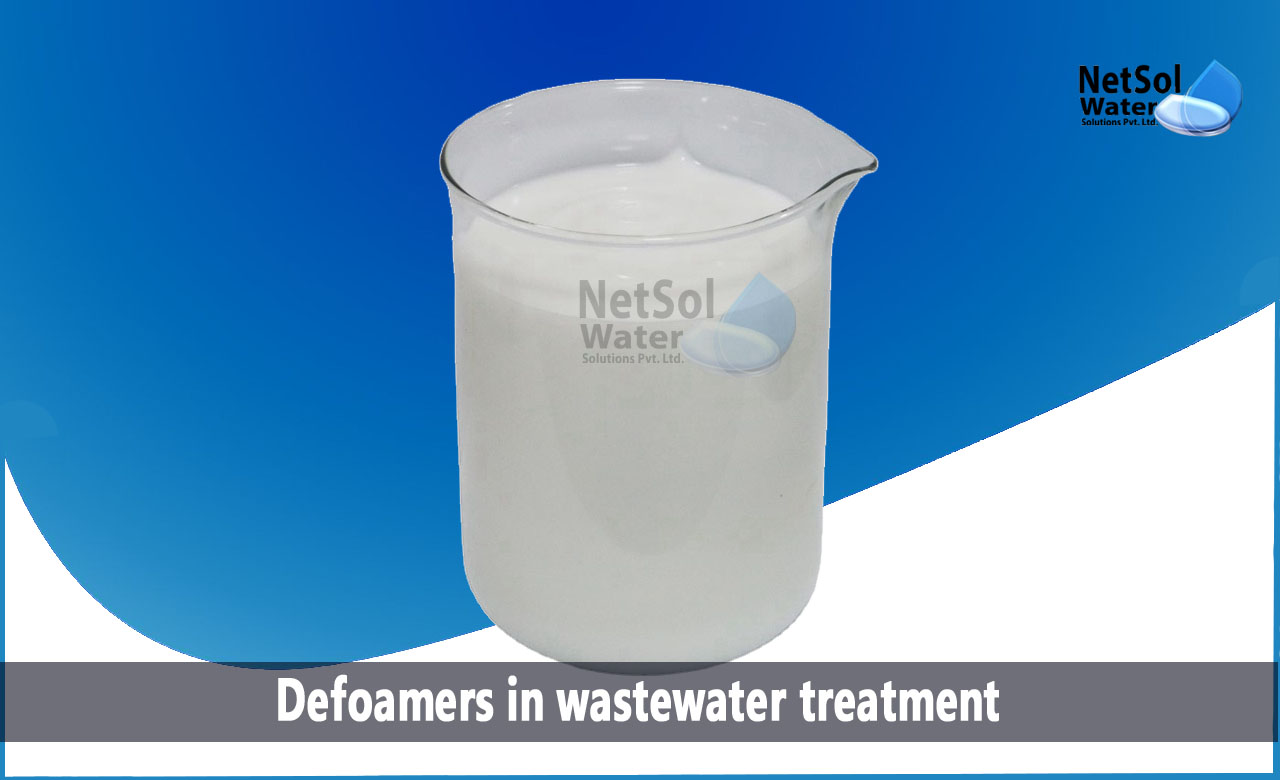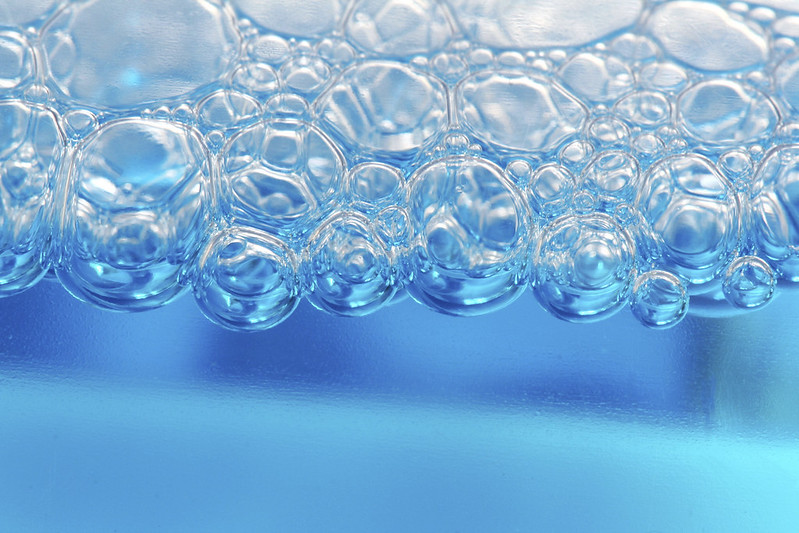How Defoamers Enhance Efficiency in Manufacturing and Production
Wiki Article
The Function of Defoamers in Enhancing Item Top Quality and Efficiency
Defoamers serve as crucial additives that reduce this concern, making sure smoother manufacturing process while boosting the visual and functional characteristics of the final products. The option of the proper defoamer can be crucial to attaining optimum results, raising important inquiries about formulation compatibility and efficiency metrics that merit more expedition.Recognizing Defoamers
Recognizing the role of defoamers is vital for preserving item top quality throughout different sectors. Defoamers are chemical additives created to avoid the formation and lower of foam in liquid systems, which can adversely affect procedures such as blending, loading, and surface stress. Frothing can bring about inadequacies, item defects, and endangered visual allure, making defoamers a critical part in producing procedures.In commercial applications, defoamers assist to boost item consistency and stability. In the paint and coatings sector, foam can interfere with the application procedure and the final finish. In food and drink manufacturing, excessive foam can prevent bottling and product packaging efficiency. The reliable use defoamers not just makes sure smoother production procedures however also adds to exceptional item performance.
Moreover, the choice and formulation of a defoamer have to straighten with specific application demands, such as compatibility with other components, effectiveness under varying temperature level and pH conditions, and prospective regulative constraints. Eventually, recognizing defoamers' functions and their significance in various solutions is important for maximizing production and making sure the best quality final result.
Kinds of Defoamers
Defoamers can be categorized right into several kinds based upon their composition and system of activity. The main types include silicone-based, non-silicone organic, and inorganic defoamers.Silicone-based defoamers are amongst one of the most effective, mostly due to their capacity to spread rapidly on the liquid surface and interfere with foam formation. Their one-of-a-kind chemical framework permits exceptional stability, making them suitable for high-temperature applications and atmospheres with differing pH degrees.
Non-silicone natural defoamers, often made up of all-natural oils or fats, are valued for their biodegradability and reduced poisoning. These are normally made use of in food and drink applications where safety and security and ecological effect are extremely important.
Inorganic defoamers, that include substances like talc or calcium carbonate, act by raising the thickness of the fluid, consequently minimizing foam stability. They are frequently used in commercial procedures where compatibility with various other materials is not an issue.
Each kind of defoamer has unique advantages and restrictions, permitting customized solutions relying on the certain foaming issues encountered in various applications. Comprehending these differences is critical for optimizing performance and attaining wanted item high quality.
Applications Throughout Industries
Many sectors leverage defoamers to enhance item high quality and operational effectiveness. In the food and drink market, defoamers are important in processes such as developing and dairy products production to avoid foam formation, which can bring about ineffectiveness and product variance. By managing foam, suppliers can make sure better return and an extra consistent item.In the pharmaceutical market, defoamers play an essential function in the formulation of fluid medicines, where too much foam can hinder blending and accurate application. Their use assists preserve the honesty of the formulas and facilitates smoother manufacturing procedures.
The paint and coverings sector additionally counts on defoamers to improve the efficiency of products during application. By lessening foam, these additives make sure a smoother coating and enhance the visual qualities of the end product.

Benefits of Using Defoamers
While the application of defoamers varies across industries, their advantages continually boost item top quality and process effectiveness. One considerable advantage is the decrease of foam development throughout making procedures, which can otherwise lead to manufacturing hold-ups and incongruities in item high quality. By lessening foam, defoamers enable a smoother flow of materials, facilitating extra effective operations and reducing the chance of tools breakdowns.Additionally, using defoamers can boost the appearance and structure of final items. In industries such as coverings, paints, and food handling, too much foam can jeopardize the visual appearances and general quality, while the appropriate defoamer application ensures a consistent finish and preferable characteristics. Moreover, defoamers can add to set you back savings by decreasing waste during manufacturing and optimizing making use of basic materials (defoamers).

Picking the Right Defoamer
Selecting the best defoamer is critical for optimizing manufacturing procedures and ensuring product high quality. The option of defoamer affects not only the performance of foam control however likewise the total efficiency qualities of the last product. Aspects to think you could try here about include the kind of application, the chemistry of the formulation, and the ecological problems under which the product will be made use of.Various markets might call for details defoamer kinds, such as silicone-based, organic, or polymeric defoamers. Recognizing the compatibility of the defoamer with the primary components is vital to prevent unfavorable responses that could endanger product honesty. In addition, the defoamer's effectiveness in different temperature levels and pH degrees should be examined to make sure regular performance.
Evaluating the defoamer in small applications can give beneficial insights right into its performance and suitability. Consideration of governing conformity, specifically in food, drugs, and cosmetics, is extremely important in choosing a defoamer. Inevitably, an extensive evaluation of these variables will certainly lead to the choice of a defoamer that not just regulates foam properly however additionally enhances the high quality and performance of the final item.
Conclusion

Finally, defoamers are vital additives that significantly improve product top quality and efficiency throughout numerous industries. By properly decreasing foam formation, More Help these representatives not just boost functional efficiency yet likewise contribute to the functional and aesthetic stability of items. The strategic selection and application of defoamers lead to cost financial savings, optimized source usage, and increased consumer satisfaction. Overall, the value of defoamers in industrial processes can not be overstated, as they play a vital function in achieving constant and top notch results.
Frothing can lead to inadequacies, item defects, and jeopardized aesthetic allure, making defoamers an important component in manufacturing procedures.

Report this wiki page